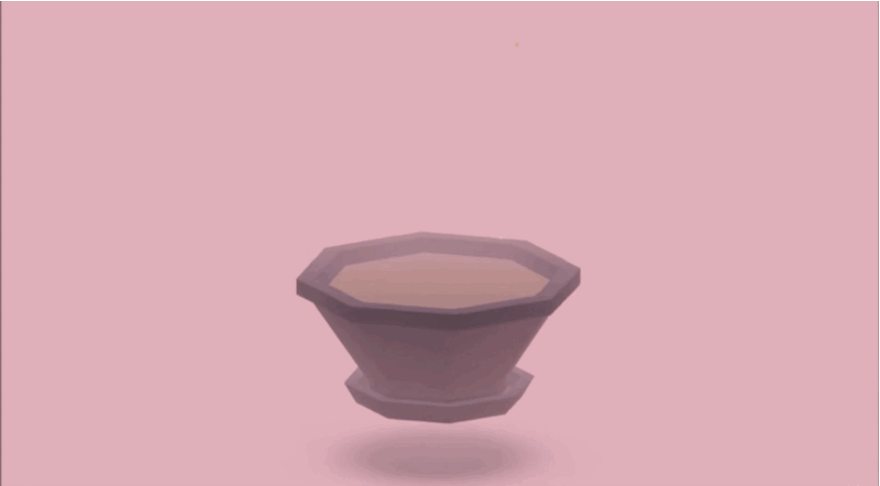Viridi is a therapeutic garden that won’t make your precious hands dirty

“Is dirt the new Prozac?” That’s a real headline from the July 2007 issue of Discover Magazine and, setting aside Betteridge’s Law, the answer to this question is not entirely negative. Christopher Lowry, a neuroscientist at the University of Bristol, had discovered that mycobacterium vaccae, a bacterium found in soil, released serotonin into the brain. This release of serotonin, when tested in mice, mimicked Prozac’s impact on the brain. Thus, concluded Discover’s Josie Glausiusz, “taking a walk in the wild or rooting around in the garden…could help elicit a jolly state of mind.”
Even in the absence of scientific consensus, gardening is frequently used as a form of therapy. The Chicago Botanic Garden, for instance, offers “horticultural therapy services” to individuals with special needs and “veterans participating in stress-reduction programs.” Minds, a British mental health charity, funded 130 ecotherapy projects between 2009 and 2013. James Jiler, the founder of Urban GreenWorks, which gets incarcerated men, the elderly, and at-risk groups involved in gardening projects, told the Financial Times: “There is a sense of pride that goes with turning a seed into a plant and transforming barren ground into something beautiful.”
Viridi, which Ice Water Games describes as “a meditative potted plant app currently in development for PC/Mac and mobile,” is positioned as the digital successor to these ecotherapy projects. When released, it will offer users a polygonal flowerpot rendered in pastels. They can then select plants and watch them grow in real time. “Our goal,” Viridi’s developers write, “is to provide a moment of peace and quiet that you can pull out of your pocket whenever you want and/or need it.”
There is no serotonin-triggering mycobacterium vaccae in Viridi. The tranquility it offers has nothing to do with the feeling you get as your hand slowly sinks into fresh soil or the sight of seeds finding life after their funereal burial. Instead, it transforms the garden from a physical place to which one retreats into an embodiment of the idea of retreating.
Is that really such a transformative concept? The therapy services offered by Minds and Urban GreenWorks exist in close proximity to urban settings. They, too, require that gardeners block out external stimuli. In that respect, the act of gardening may have more therapeutic value than the garden’s physical presence. Viridi takes this focus on the process of gardening to a new level and asks whether someone who just pulled their phone out of their pocket can experience the therapeutic benefits of gardening. Viridi is not a horticultural therapy service and may never be, but a future in which you could travel with your therapeutic garden is a future worth dreaming of.



